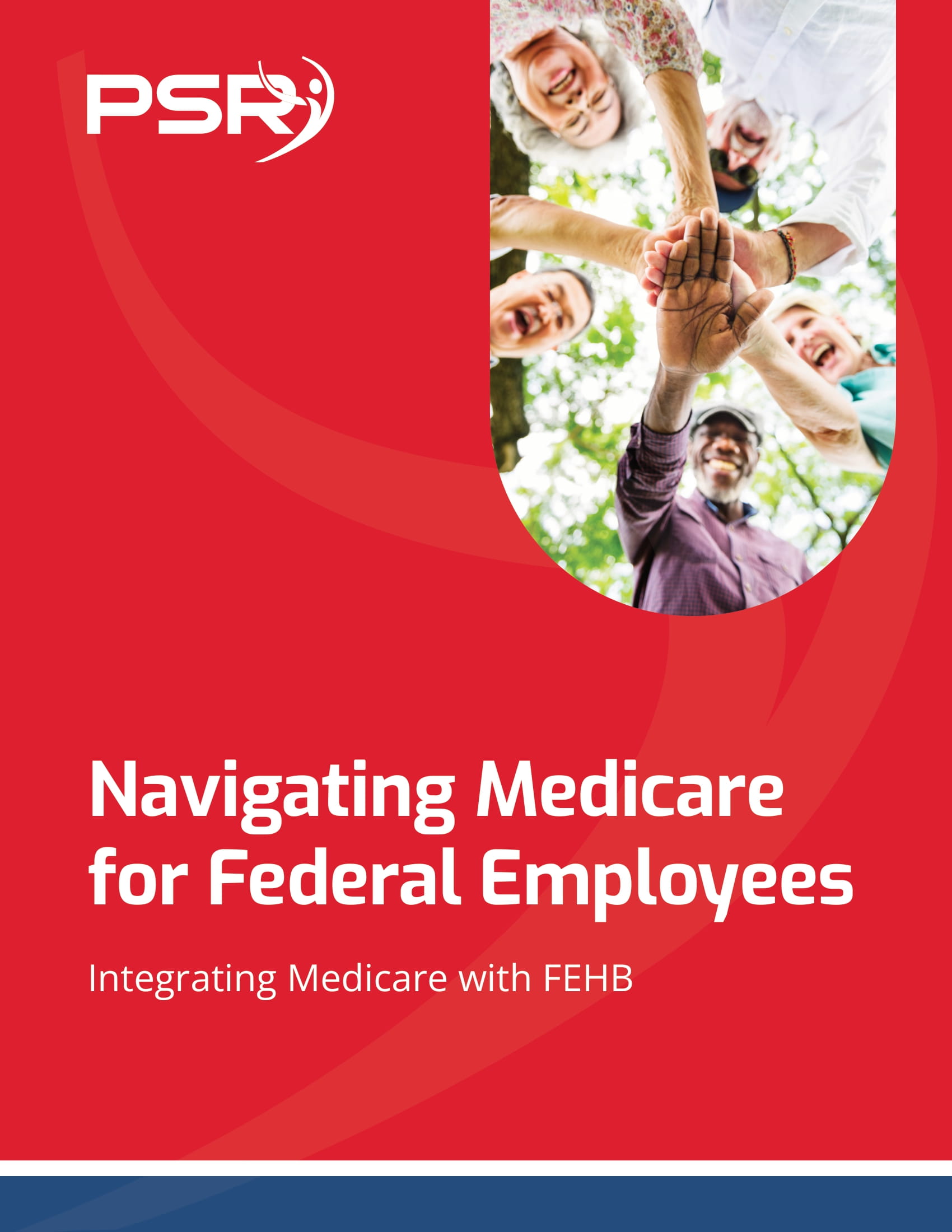Key Takeaways
- Federal employees are often unaware of the wide range of benefits available to them, which could lead to missed opportunities for savings and investment.
- Maximizing federal employee benefits can significantly enhance financial stability and retirement readiness.
You Won’t Believe the Federal Employee Perks Everyone’s Ignoring—Are You Leaving Money on the Table?
Many federal employees are missing out on valuable benefits that could make a significant difference in their financial well-being. From overlooked retirement plans to hidden insurance options, the perks offered to federal employees are more extensive than most realize. This article will break down the top federal employee perks you might not be aware of, helping you make sure you’re not leaving money on the table.
What Retirement Benefits Are You Overlooking?
- Also Read: Law Enforcement Retires Early—But Not Without These Rarely Mentioned Tradeoffs
- Also Read: Why the FERS Supplement Is Still a Lifeline for Early Retirees—But a Risky One
- Also Read: You May Be Eligible for Medicare Soon—Here’s How It Affects Your Other Coverage
One of the most important perks federal employees have is access to powerful retirement benefits, such as the Federal Employees Retirement System (FERS). This system consists of three parts:
- FERS Basic Benefit: A defined-benefit pension plan that guarantees monthly payments after retirement.
- Thrift Savings Plan (TSP): A retirement savings plan with significant employer matching contributions.
- Social Security: Federal employees are also eligible for Social Security benefits.
While many employees understand the basics of FERS, fewer take full advantage of the Thrift Savings Plan. The TSP offers federal workers the opportunity to save more for retirement with tax advantages and low management fees. If you are not contributing enough to take full advantage of the employer matching contributions, you are essentially leaving free money on the table. Additionally, the TSP offers a Roth option, which allows for tax-free withdrawals in retirement—another feature often overlooked.
Are You Maximizing Your Health Insurance Options?
Health insurance is one of the most important perks available to federal employees, yet many are unaware of the flexibility and savings they can achieve. The Federal Employees Health Benefits (FEHB) program is a comprehensive option that allows employees to choose from a wide variety of health plans, including traditional fee-for-service plans and high-deductible health plans (HDHPs).
HDHPs paired with Health Savings Accounts (HSAs) can be particularly advantageous. HSAs allow you to contribute pre-tax dollars to cover out-of-pocket medical expenses. Any unused funds roll over from year to year and can be withdrawn tax-free for medical expenses in retirement. Employees who stick with traditional plans without exploring HDHPs may be missing out on potential long-term savings through HSAs.
How Can You Benefit from Federal Life Insurance?
The Federal Employees’ Group Life Insurance (FEGLI) program offers basic and optional life insurance at affordable group rates. It automatically provides coverage equal to an employee’s annual salary, rounded up to the next $1,000, plus an additional $2,000 in basic coverage.
However, many employees are unaware of the flexibility to increase coverage through optional FEGLI options. You can elect additional coverage of up to five times your salary without needing to undergo a medical exam when hired. If you haven’t reviewed your life insurance coverage recently, it might be time to see if you’re missing out on valuable options for your loved ones.
Are You Taking Full Advantage of Paid Leave Benefits?
Federal employees also enjoy generous paid leave benefits, including vacation days, sick leave, and holidays. Over time, these can add up significantly. For example, after three years of service, you earn 20 days of paid vacation annually, which increases to 26 days after 15 years. Additionally, you accrue 13 days of sick leave per year, and any unused sick leave can count towards your retirement service credit.
Many employees overlook the long-term value of these benefits. While it’s tempting to use leave time as soon as it’s accrued, those who accumulate leave, particularly sick leave, can benefit greatly when calculating their retirement. Sick leave conversion can add months or even years to your retirement pension calculations, providing an unexpected boost to your long-term financial security.
What About Student Loan Forgiveness Programs?
Federal employees may be eligible for the Public Service Loan Forgiveness (PSLF) program, which offers loan forgiveness after 120 qualifying payments under a qualifying repayment plan. Despite the significant financial relief this can provide, many employees don’t know the eligibility details and fail to enroll in the program.
PSLF applies to federal student loans and specific repayment plans, but strict eligibility criteria must be met, such as making payments on a qualifying repayment plan while working full-time for a government or non-profit organization. Missing even one of these conditions could disqualify you from forgiveness. If you have federal student loans, it’s essential to stay on top of these requirements and apply for forgiveness when eligible.
Can You Access Flexible Spending Accounts?
Flexible Spending Accounts (FSAs) offer federal employees another opportunity to save on healthcare costs by allowing you to set aside pre-tax dollars for medical expenses. However, the FSA is often overlooked because it requires careful planning; any unused funds at the end of the year are forfeited.
An FSA can cover a wide variety of medical, dental, and vision expenses that aren’t covered by insurance, making it a powerful tool for managing healthcare costs. Additionally, federal employees have access to Dependent Care FSAs, which allow them to save pre-tax dollars to cover childcare expenses. Taking full advantage of FSAs can help reduce your tax burden while managing out-of-pocket costs.
What Else Can You Do to Maximize Your Benefits?
Apart from the perks already mentioned, federal employees should also consider less obvious benefits such as commuter subsidies, training and development programs, and long-term care insurance options. Federal jobs often provide reimbursements or discounts on public transportation, parking, and other commuting expenses, which can significantly reduce monthly transportation costs.
Additionally, continuing education and professional development programs are often available to help employees advance in their careers without the financial burden of paying for classes. Don’t forget about long-term care insurance, which is designed to help cover costs of assisted living, nursing home care, or in-home care. These are not covered by traditional health insurance plans or Medicare, so enrolling early can help you lock in lower premiums.
Are You Leaving Money on the Table?
The benefits available to federal employees can significantly enhance both short-term financial health and long-term retirement security. However, failing to fully understand and utilize these perks means you might be leaving money on the table. From maximizing retirement contributions to taking advantage of flexible spending accounts and life insurance options, reviewing and optimizing your benefits can make a significant difference in your financial future.
Ensure you regularly revisit your federal employee perks and make the most of them to avoid missing out on valuable opportunities for savings and investment.












